ል Rock ⅋ Roll

We had sex.
We did drugs.
So naturally, we must now rock and roll.
(> . <)_\m/
– ƴΐ⍧ի⍲e⌊ ⅋ yӭ𐦤⚇⍕⍑
Have you been feeling like your life is just passing you by? Tick, tock, just fading into the rhythmic beating of the clock, grinding away like a cog? Can you hear the muffled scream of your soul, yearning for a change, a shock? Do you feel the need for more things in your life that don't make sense or don't add value?
random_sampling
some things from the whole thing; excerpts
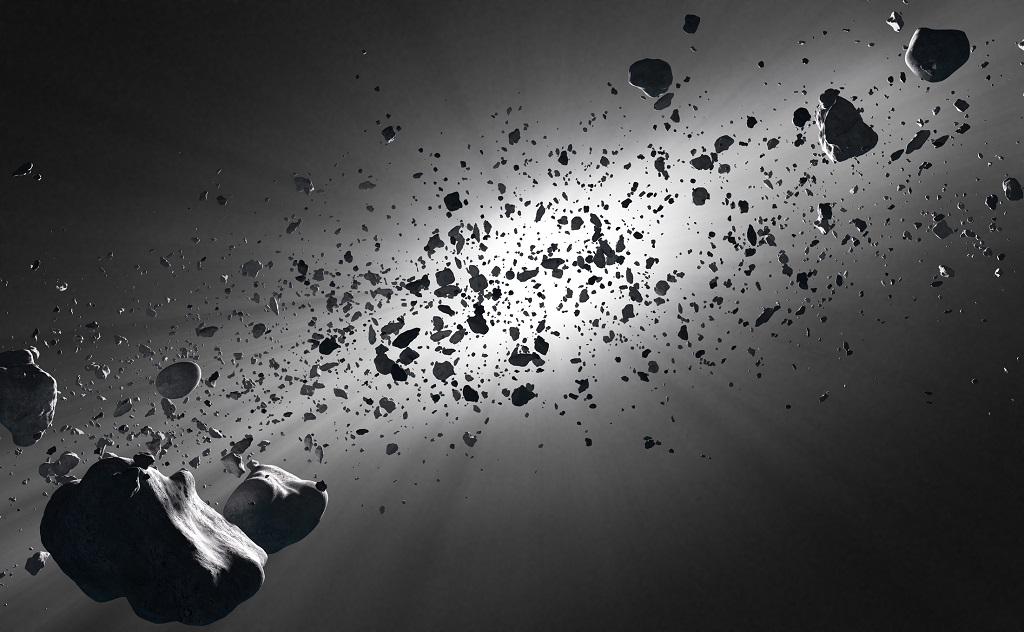
Rock
Rocks rock. Too often, however, we think they are merely dumb as a rock. This is a grave mistake. It is time that we pay them their due respect.
Rock is solid as a rock. It is what we all stand upon. It existed long before the fragile carbon-based lifeforms like ourselves. So much so that it needs its own time scale, geologic time scale, to even make sense. And when we visualize this time, we just logarithmically squish it into a small space, because our fragile egos would feel too insignificant if we expressed it linearly.
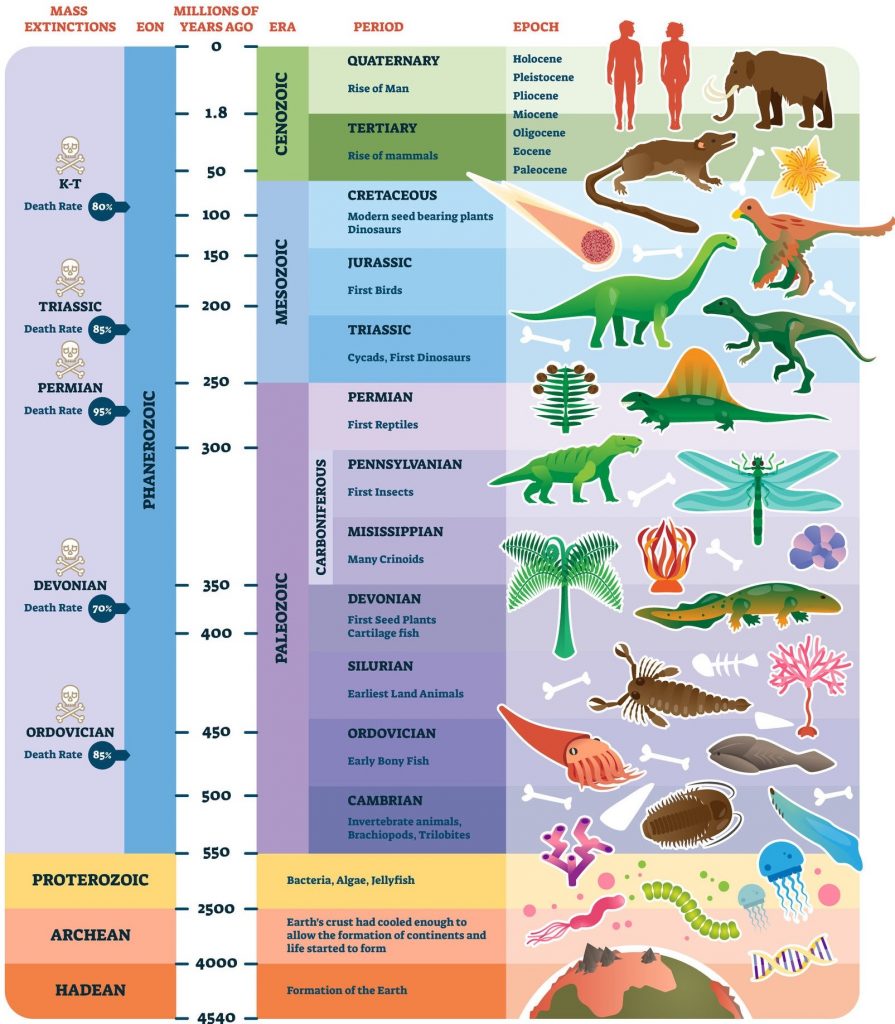
Every piece of it holds memories of the time immemorial. It has journeyed across the universe at the whim of random gravitational forces, until it merged with its fellow space-faring rocks to form this planet, and then forged from the depths of the Earth's molten core.
From there, it was strewn across this watery rock, slowly disintegrating – from the primordial Pangaea, to a Yosemite-sized rock, to a puny little pebble that decorates small plant pots, until it is so beaten up into unrecognizable and invisible bits we might call dust. Rock has seen, and indeed, been the rock bottom.
After all that, rock has been shadowed by an American Samoan wrestler, who claimed to be The rock. With this humiliating disrespect that we have shown to the rock, it has been unable to reclaim its eternal grandeur, given that it is inanimate. It has been stuck between itself and a hard place.
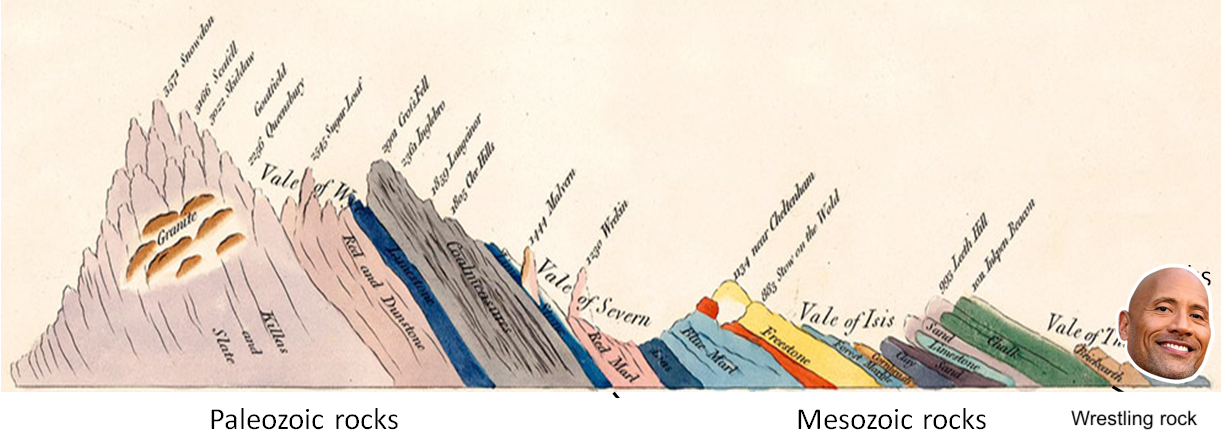
Rock is one of the oldest words in the English language, without known origin. Rocks have, after all, always been there, since the measly homo sapiens have developed linguistic capacity.

In fact, rock is so fundamental in our vocabulary, that it is not even used as a scientific term by the US Geological Survey. It is below all of us, yet transcended above science.

It is about time we give the respect that rocks deserve.
Next time you see a rock, hold it in the warmth of your hands, stare into its scars, and feel the time it holds in itself. Then gently toss it.
Roll
Rock and roll.
What the hell does that even mean? The 'rock' part is clear, of course; referring to the musical style. But 'roll,' well, that's not so clear. If you're ripping a face-melting solo on stage, most people would agree that you're rocking but probably not rolling. The two are so intertwined that word roll has taken a vampiric role to the word rock. It's the Robin to the Batman, the Ron Weasley to the Harry Potter. It doesn't do much descriptive work for the phenomena of 'Rock and Roll,' but it's always just kind of... there?

𝖆𝖗𝐭𝖎𝖋𝖆𝐜𝐭 1 No, not this oneSo what's the role of roll? Originally, it was meant to convey wild motion on an opposite axis to that of rock. Presumably, rock refers to back-and-forth rotational motion (like a rocking chair) whereas roll refers to side-to-side rotational motion (like a rocking chair you're sitting on sideways). In tandem, rocking and rolling describes the emotional rollercoaster the audience goes through as they listen to a meaningful song, but isn't that what happens with all music? Why did the genre we currently know as Rock and Roll get to capitalize on the emotional journey of music? Didn't Beethoven evoke wild emotional energy in his crowd too?
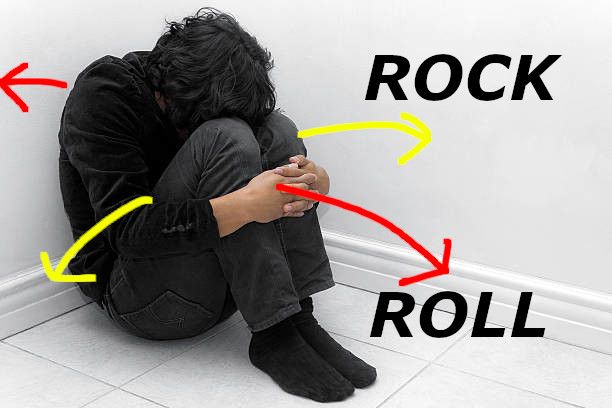
In a certain light, you could interpret "Rock and Roll" as "hit it then quit it." Consider the following phrases:
- "Let's rock!"
- "Let's roll!"
When you say, "let's rock," you mean, "let's do something!" When you say, "let's roll," you mean, "let's get out of here." Therefore, "rock and roll" means "do something then get out of here" id est, "hit it and quit it."
In reality, there's only one interpretation of Rock and Roll that actually makes sense, and that's the classic skateboarding trick. When you do a 'rock and roll' in skating, it means you ride up a quarter pipe, stall on the top, and do a 180 pivot as you drop back in and roll away. During the stall, you rock your weight forwards, during the release, you roll away.

It is time for rock and roll, the music genre, to take a step back and re-evaluate its domineering verbiage. Musicians of every genre can rock as well as roll.
convoluted_kernels
adding a thing to a thing; remixes
The Origin of Rock and Roll
Thanks to BBC, I learned that the term of 'rock' music comes from, of all places, the ocean:
The term rock 'n' roll derives from the more literal "rocking and rolling", a phrase used by 17th-century sailors to describe the motion of a ship on the sea. Any phrase that is used to suggest rhythmic movement of this sort - particularly by lonely seamen - runs the risk of being purloined as an euphemism. By the 1920s, the term had become a popular metaphor for either dancing or sex, but unlike contemporaneous expressions such as "blanket hornpipe" and "making a lobster kettle", "rocking and rolling" managed a second transition, this time from utter filth to relative acceptance.
Let's put aside 'hornpipe' and 'lobster kettle', which show a fascinating emphasis, if a bit weird, on the sounds of sex by 17th century English speakers.


I told you to put it aside.
This origin story could make sense, but one must eventually wonder: how did an inanimate object, rock, come to mean the animation of rocking?
As I have then discovered, the movement of rocking is as old as the object of rock.
[stone, mass of mineral matter], Middle English rokke, roche "stone as a substance; large rocky formation, rocky height or outcrop, crag," from Old English rocc (as in stanrocc "stone rock or obelisk")
[to sway, move backward and forward] Middle English rokken "rock (a cradle), cause to sway back and forth; rock (someone) in a cradle," from late Old English roccian "move a child gently to and fro" in a cradle...
It is beautiful that the ancient English speakers created a word to describe the gentle rocking of the cradle, even though rokke and rokken must've sounded very similar. Thanks to their bravery, we now have confusing vocabularies with great puntential.
Let us make sure we can carry on this legacy to the next generation, by never letting the old lullaby become reality.
Rock a bye baby on the tree top,
When the wind blows the cradle will rock,
When the bough breaks the cradle will fall,
And down will come baby, cradle and all.
Although if you did that, that'd be pretty fuckin' rock and roll.
The Origin of Rock and Roll, Part 2
I would be remiss to share how this seamen-sex-word actually became a big-music genre-word.
Trixie Smith's 1922 blues ballad My Man Rocks Me (With One Steady Roll) catches the term in transition, its meaning covering both sex and dancing (and thereby music), but no mention of boats whatsoever. By the time DJ Alan Freed started using the term to describe the type of hyped-up country music infused with the primal urgency of rhythm and blues he played on his radio shows in the early-50s, the sexual component had been dialled down enough that it simply became an acceptable term for dancing. Had he tried to promote a "Rock and Roll Party" a couple of decades earlier, it would have caused outrage.
BBC was kind of being an asshole by not linking any of those obscure things, so I added the links myself.
If you are like me and these are too many words with facts already, here's the definitive audiovisual account of the history of rock and roll as a genre.
pressure_censor
things that sense & get incensed by signals; shorts
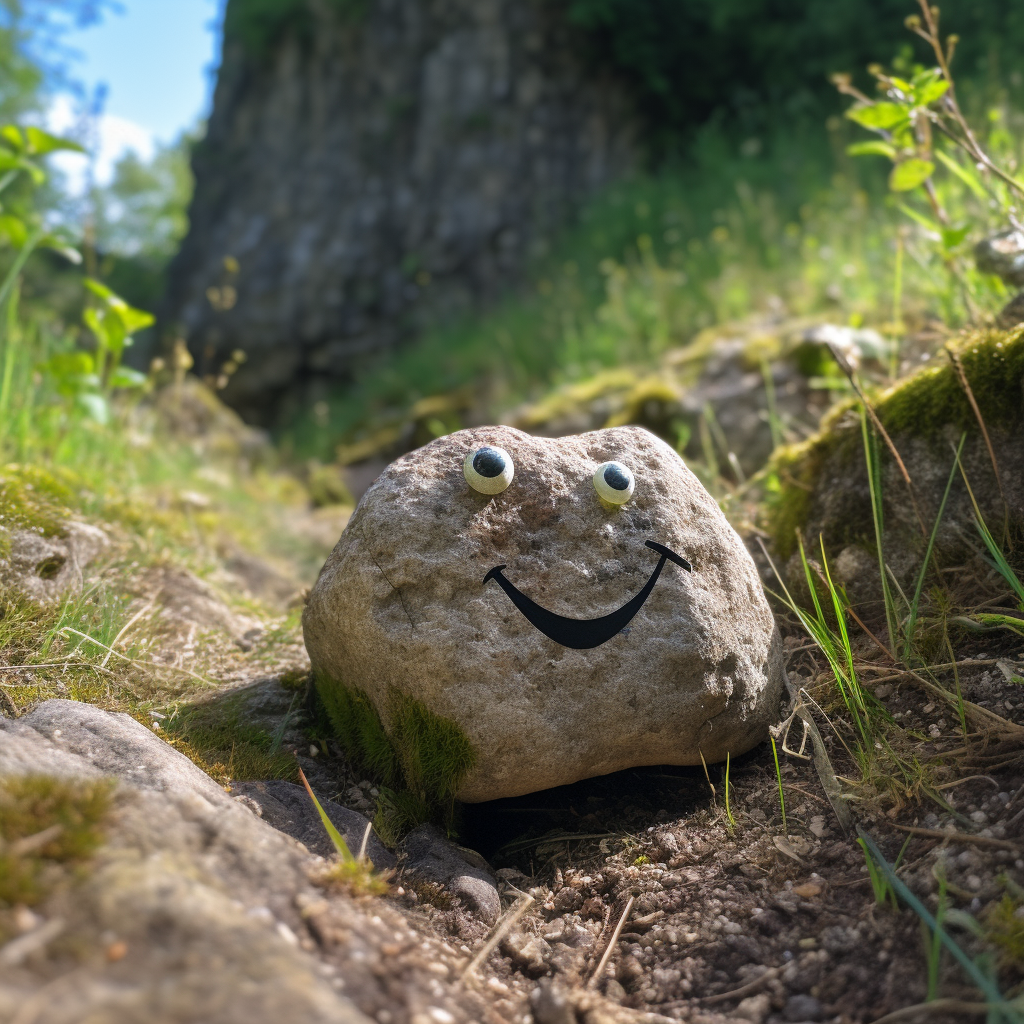
𝖆𝖗𝐭𝖎𝖋𝖆𝐜𝐭 2 Rolling rock or Rolling stone?The Difference between Rolling Rock and Rolling Stone
You can drink one of them, and you can listen to the other.
But ultimately, they are interchangeable. As a geologist points out:
Stones and rocks are used interchangeably for the same thing. For example, a piece of limestone or sandstone to the casual observer is just a rock. Pebbles and boulders on the other hand are descriptive terms relating to size. The following is a size chart courtesy of the USGS.
All words are nouns
All words are words; words are nouns;
therefore, all words are nouns.
an analysis of the previous section
this was the previous section:

fascinating
a tweet about an analysis of the previous previous section
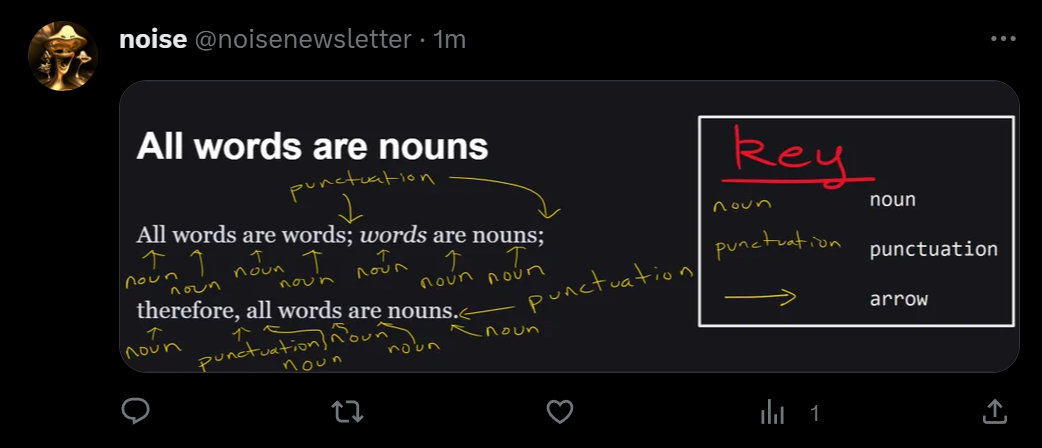
quantized_quotes.rtf
"Rocks are boring but not if you sit down and write an entire Notion page about them, bro, we're pattern-seeking animals."
— ƴΐ⍧ի⍲e⌊, motivating himself to write this stupid newsletter
"Why is it that every time someone meditates they transport themselves to serene places like forests or rivers? Why doesn't anyone transport themselves drunk AF to the Dave n Busters bathroom where they're barely able to stand up to take a piss?"
— yӭ𐦤⚇⍕⍑, meditating on the typical meditative imagery
"I'm going to try to summarize this and do a grave injustice in raking over the details."
— ƴΐ⍧ի⍲e⌊, discussing the thoughts of Jacques Lacan, whom he actually never read
sound.wav
Sex & Drugs & Rock & Roll is a single released in 1977 by Ian Dury, one of those British singers who was famous in the 70s, but did not achieve timelessness and was largely forgotten.
The song is credited for coining the phrase, 'sex, drug, and rock and roll'. It is also suspected to be the song with the most amount of ampersands.
Here's a little bit of advice, you're quite welcome, it is free
Don't do nothing that is cut-price, you'll know what they'll make you be
They will try their tricky device, trap you with the ordinary
Get your teeth into a small slice, the cake of liberty
prompts.bib
- Cover:
/imagine A rolling stone - 𝖆𝖗𝐭𝖎𝖋𝖆𝐜𝐭 1:
/imagine Gigantic, humongous, epic, fantastical sushi roll - 𝖆𝖗𝐭𝖎𝖋𝖆𝐜𝐭 2:
/imagine A happy rock, just strolling down a hill, having a good time